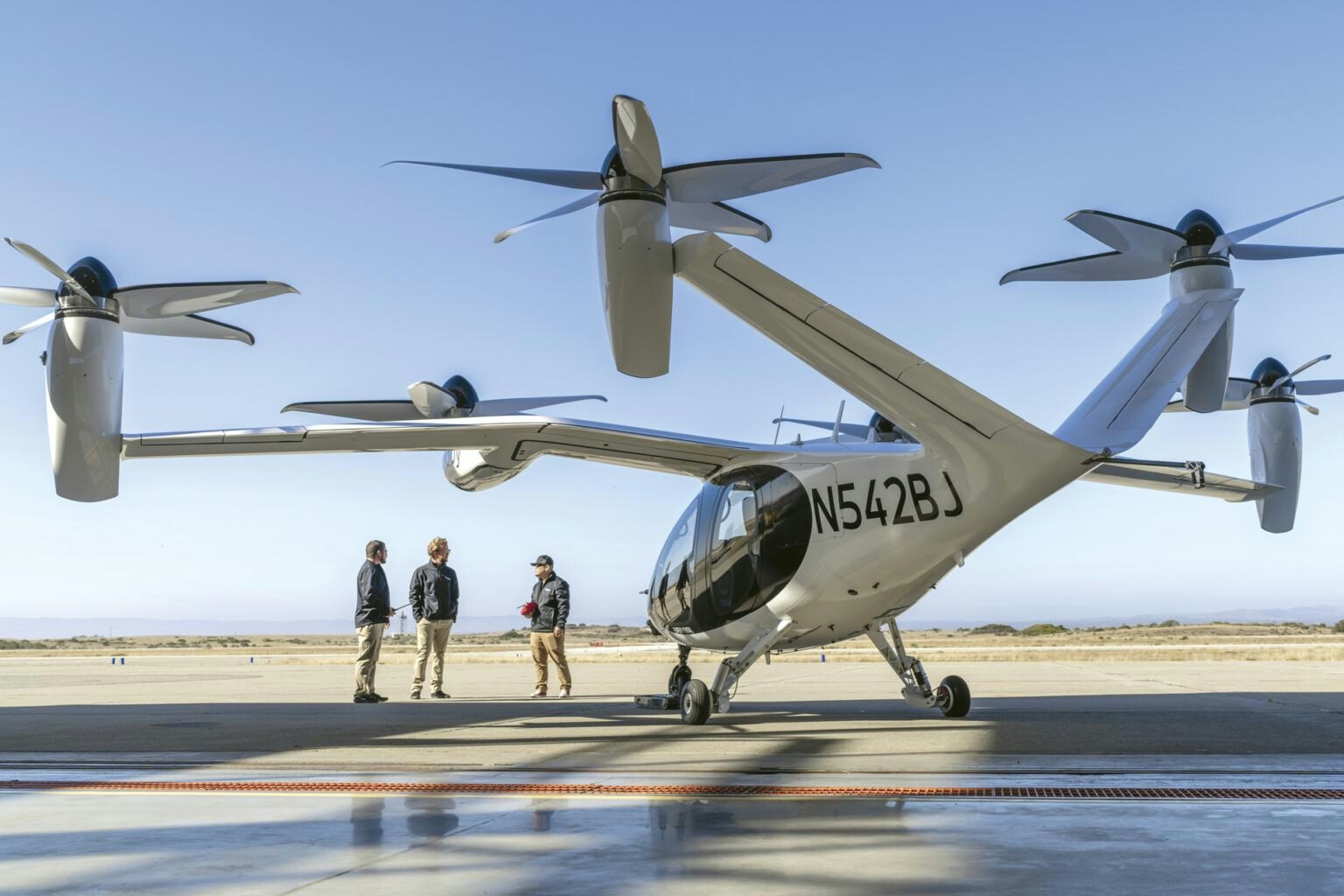AeroGenie — Your Intelligent Copilot.
Trending
Categories
New Invention Promises to Eliminate Airplane Emissions in Country

New Invention Promises to Eliminate Airplane Emissions in Country
The transportation sector is undergoing a profound transformation aimed at achieving greater sustainability, with the aviation industry now intensifying efforts to reduce its reliance on fossil fuels. While much of the global focus has been on decarbonizing passenger vehicles, the aviation sector is increasingly seeking innovative solutions to revolutionize air travel and significantly cut emissions amid the escalating climate crisis.
Electric Engines: From Roads to Skies
Electric propulsion has rapidly gained momentum in the automotive industry, with nearly all major manufacturers offering electric models and many committing to phase out combustion engines within the next two decades. In contrast, the aviation sector has faced considerable challenges in adopting electric technology, primarily due to the weight and limited energy density of current battery systems, which render them impractical for large commercial aircraft.
Despite these obstacles, the ambition to achieve electric flight remains strong. Presently, electric airplanes are largely confined to prototypes and small two-seater models. However, Swedish researchers are ambitiously targeting the launch of the world’s first 30-seater electric airplane by 2030, marking a significant advancement in the field. While large commercial electric aircraft projects are still in their infancy, electric air taxi initiatives designed for a few passengers are progressing at a faster pace.
Innovation and Market Dynamics
“Electric aviation is in the starting pits today, but there is still a lot to do for it to take off,” remarks Hampus Alfredsson, a sustainable transport researcher at the RISE Institute. Alongside electric propulsion, many industry players are exploring hydrogen-powered alternatives as a viable route to decarbonization.
Säve Airport in Gothenburg, Sweden, is poised to become a hub for this emerging technology, set to receive a hybrid electric commercial airplane developed by Heart Aerospace. Current models offer a flight range of approximately 32 kilometers, with ongoing research focused on extending this distance. The Gotland region is also expected to serve as a critical testing ground, supporting Swedish entrepreneurs, startups, and researchers in advancing electric aviation technologies.
Nevertheless, the path to widespread adoption remains fraught with challenges. Industry analysts point to a lack of robust market competition and insufficient policy incentives as factors that have hindered innovation. While some investors and companies are eager to embrace these new technologies, others remain cautious due to the high costs and complexities involved in transitioning from established aviation systems. Competitors may accelerate their research and development efforts in response, but some risk falling behind due to entrenched investments in traditional infrastructure.
Policy and the Future of Aviation
The broader aviation market is anticipated to experience a gradual shift toward electrification and increased use of biofuels, particularly as policy frameworks place greater emphasis on low-carbon energy sources. The development of new regulations and certification processes will require time, and airports will need to invest in ground infrastructure capable of supporting electric aircraft charging.
As the aviation industry confronts these multifaceted challenges, Sweden’s initiatives represent a significant stride toward a future in which air travel could become both sustainable and emission-free. The coming years will be critical in determining whether these technological innovations can successfully take flight and transform the aviation landscape.

Emirates Unveils Cabin Design for New Boeing 777X

Eighteen Years On, the Airbus A380 Remains Central to a $34 Billion Airline

How a boom in luxury airline seats is slowing down jet deliveries

Navitaire Outage Attributed to Planned Maintenance

DigiYatra Debuts Outside Aviation at India AI Impact Summit

Vietnam Orders Strengthen Boeing’s Commercial Outlook

Airbus Signals Uncertainty Over Future A400M Orders

JobsOhio Awards $2 Million Grant to Hartzell Propeller for Innovation Center

Collins Aerospace Tests Sidekick Autonomy Software on YFQ-42A for U.S. Air Force CCA Program

How the Airbus A350-1000 Compares to the Boeing 777
